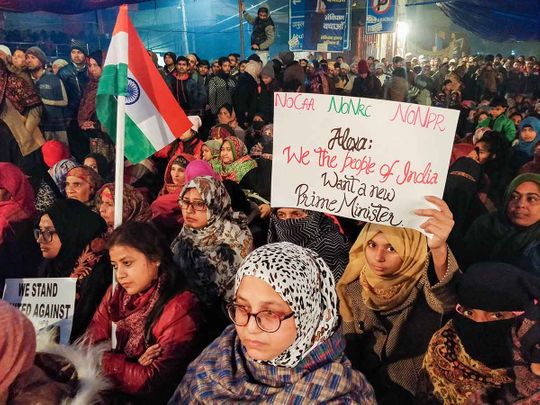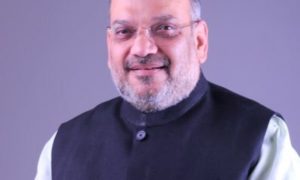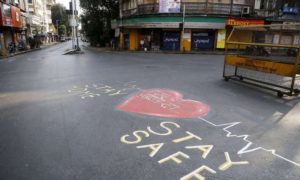
SC says people have right to protest, appoints interlocutors to convince Shaheen Bagh protestors to move to another site
The Supreme Court of India today, i.e., Monday, February 17, 2020 observed that while people of India have a fundamental right to protest against a law, the blocking of roads leads to chaos and must be resolved.
A bench comprising of Justice S.K. Kaul and Justice K.M. Joseph was hearing an appeal filed by advocate Amit Sahni, against the anti-Citizenship Amendment Act (CAA) and anti-National Register of Citizens (NRC) protestors at Shaheen Bagh in New Delhi, who have disturbed the commuters and traffic since December 15, 2019.
Hundreds of people have set up camp and dug-in on a stretch of road at Shaheen Bagh. To avoid any further disturbance, the Delhi Police has put up barricades around Shaheen Bagh, which has made the daily run of commuters longer and tedious. Some traders have even complained incurring losses due to the road blockades.
The Supreme Court observed, “You have the right to protest but let the roads not be blocked. This can create chaos. Today you are protesting, others may protest tomorrow. People get ideas.”
The Court also said, “”There are lines and boundaries. You want to protest. No problem. But tomorrow another section of society may hold protests in another area… There must be some method so that traffic flow is free. Our concern is if everyone starts blocking roads, where will people go?”
During the court proceedings, Advocate Amit Sahni brought up the remarks of Co-Founder and President of Bhim Army – Chandrashekhar Azad that “there will be 5,000 more Shaheen Baghs.” To this, the Court responded, “We have no problem with 5,000 protests. We just want those roads are not blocked. What’s troubling us is a very limited scope which is blocking of roads. There is a fundamental right to protest.”
The Court added, “Maybe a section of society is very aggrieved but there is a mode and manner in which protests can be done. Something that does not affect traffic flow.”
The Supreme Court also asked Chandrashekhar Azad, who had moved an intervention in the appeal filed by Advocate Amit Sahni, and other intervenors to try and speak to the protesters at Shaheen Bagh and ask them to move to a different location. It is to be noted that Chandrashekhar Azad, along with 2 others, has alleged that alternate roads have been blocked by the Administration on the pretext of the Shaheen Bagh protests to deliberately cause traffic jams for commuters in Delhi, Noida and Faridabad.
The Supreme Court has asked the Delhi Police Commissioner to file an affidavit to suggest a solution to the road blockage. Besides, the Supreme Court has appointed Senior Advocate – Sanjay Hegde and Advocate – Sadhana Ramachandran to act as interlocutors and hold talks with the people protesting at Shaheen Bagh to convince them to move to an alternate place, where there is no blockage of traffic.
“Opinion formation takes place when there is a protest. Every right has to be coupled with responsibility. You have a right to protest but there is a larger issue of competing interests,” added Supreme Court.
The Court also noted that if nothing works, it will leave the matter to authorities to deal with the situation. The matter will next be taken up next Monday, i.e., February 24, 2020.
Earlier on Sunday, February 16, 2020, protestors from Shaheen Bagh who were heading to the residence of Home Minister of India – Amit Shah for a dialogue on CAA and NRC, abandoned their march after Delhi Police told them they don’t have the required permission. The protestors had initiated the march to Amit Shah’s residence after the latter said on Times Now Summit 2020 on February 13, 2020 that that anyone with doubts over CAA could seek an appointment from his office and he would be willing to meet them within 3 days.







